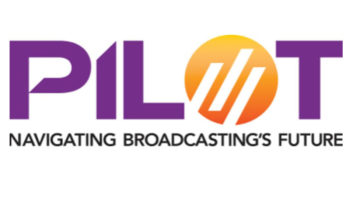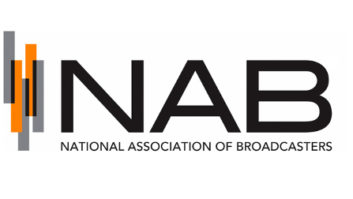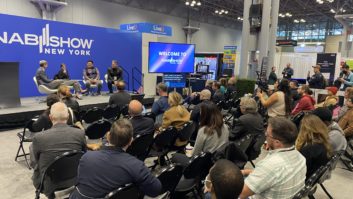The National Association of Broadcasters has gone on record as strongly against a proposal to dramatically overhaul the low-power FM service in the United States, saying it was intended to be a commercial-free forum for nonprofits, schools, religious and other community organizations to “amplify their message.”
“Approval of the petition would completely upend this model, turning LPFM into a commercial service that could be owned and controlled by business enterprises, sell advertising, and increase the risk of interference to FM radio stations on which millions of Americans rely,” NAB writes in comments filed with the FCC. State broadcast associations filed a separate joint comment opposing the petition, while a number of individuals and LPFM organizations spoke up in support.
The proposal was submitted by the Low Power FM Advocacy Group, as RW has reported, and the FCC opened it for comments. (Read the petition, PDF.)
LPFM-AG argued that more than 600 LPFMs have turned in licenses or CPs over 15 years because of complicated and burdensome rules; it asked the FCC to reclassify low-power FM as a primary service, provide a power increase, allow licenses to be sold at profit under certain circumstances, expand the use of underwriting, “which will ultimately permit full commercials,” and make other changes such as allowing LPFM “duopolies.”
NAB in response told the FCC that the petition “is based on a false premise that LPFM service is failing because stations may not sell commercials” and that the changes would alter the fundamental nature of the service, ignoring significant regulatory impact. Commercial LPFMs, it said, would lose the noncom exemption from FCC regulatory fees, incur higher performance fees and be required to ramp up their EAS hardware. It also argued that the proposals “do not seem to represent the majority view of the LPFM community.” Low-power, the NAB concluded, must remain a secondary service to preserve the integrity of the overall FM service. (Read the NAB filing, PDF.)
The LPFM-AG proposal attracted a number of comments in support, with some of them proposing variations on the theme.
William Spry wrote, “LPFMs and other full powered NCEs should be able to sell greatly enhanced underwriting without congressional approval. The FCC can think of a way to enhance radio spots for all NCEs without calling it advertising. … We are not asking for the ability to make money here. We just want a fair chance to survive.”
New Media Humanity Association, which has an unbuilt CP, told the FCC that LPFMs should be allowed to air commercials and have primary status so they would not be bumped off the air by technical mods made by full-power stations. It suggested that maybe the FCC could place a time limit on the amount of enhanced underwriting or sponsorship announcements per hour, as a compromise.
Hendricks County Educational Media, which has an LPFM in Brownsburg, Ind., wrote, “While our station would not necessarily be interested in traditional commercials, LPFM underwriting rules must be clarified and eased, fund raising for third party non-profits allowed, and fines reduced.” Another commenter in New Hampshire recently lost a job in commercial radio: “Management decided that having a live and local person on the overnights was no longer necessary. I feel it is necessary and believe with the expansion of LPFMs and the recent decisions it might actually get someone like me back where I belong, on the airwaves overnight broadcasting live & [local].”
David Kifuri in St. George, Utah, wrote, “I am convinced this petition for rulemaking changes finally reflects the original intent of providing a true local voice to the American People …”
But in a joint filing, the country’s state broadcaster associations said that although they “are supportive of the LPFM service” and that their membership include some LPFM stations, “the State Associations do not believe that the Petitioner has demonstrated a legally adequate basis for activating the commission’s rulemaking processes to implement a wholesale redesign of the LPFM service. …. The Petitioner has essentially submitted an untimely ‘Petition for Reconsideration’ of every material aspect of the FCC’s original LPFM rulemaking. The time for such an endeavor has long since passed.”
Meanwhile REC Networks, which has its own separate proposal to modify LPFM rules before the commission, disagreed with LPAM-AG on the call for commercials, easing of ownership limits and maximum power for FM boosters. It also challenged its conclusions about the number of LPFMs that have had licenses or CPs cancelled or lapsed. But it said it agrees in part on issues related to the use of “translator rules” contour overlap “though in a manner consistent with the Local Community Radio Act of 2010,” issues related to assignments and transfers of licenses and permits and proposed changes to call signs of LPFM stations.
Radio World invited reply comment from LPFM-AG and will share it when received. Comment below on this or any story on radioworld.com.











